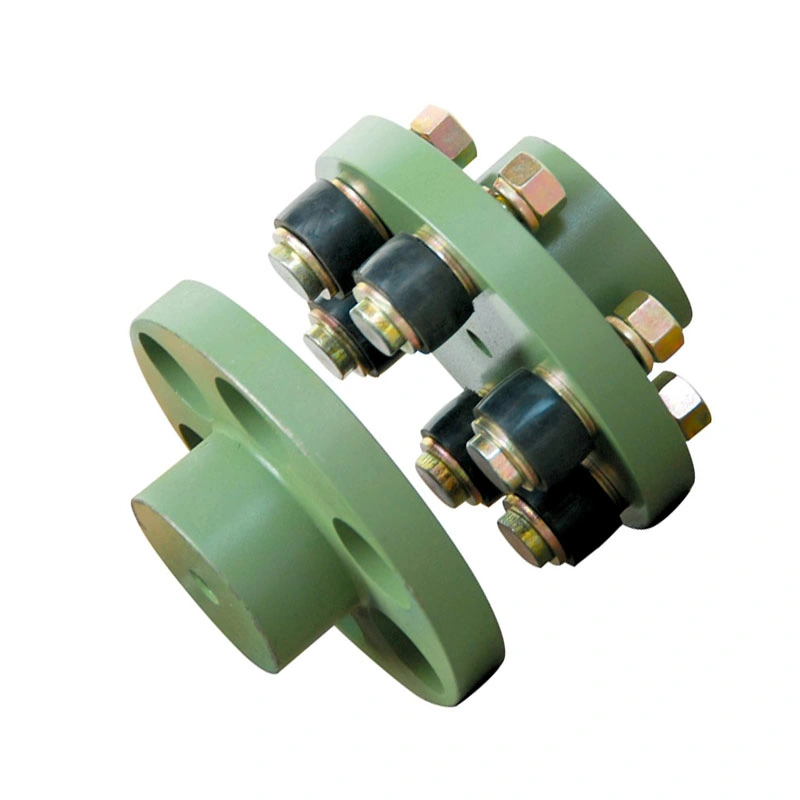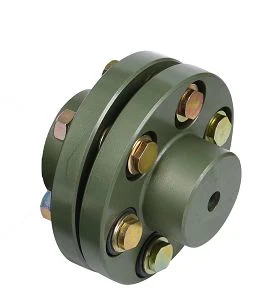“`html
Introduction to Flexible Coupling
Flexible couplings are a critical component in the realm of high-strength material testing, providing a pivotal connection between two rotating shafts to transmit power while accommodating misalignment, end movement, and other variables. This versatility ensures seamless operation and longevity of testing equipment.
Key Features of Flexible Couplings
- Durability: Designed to withstand high torque and stress.
- Flexibility: Accommodates angular, radial, and axial misalignments.
- High-performance Materials: Constructed from advanced materials for superior strength.
Applications of Flexible Couplings
Flexible couplings are especially suited for high-strength material testing applications due to their robustness and adaptability. Their unique properties provide several advantages in these settings.
- Precision Alignment: Ensures accurate test results by maintaining precise shaft alignment.
- Shock Absorption: Reduces impact and vibration, protecting sensitive equipment.
- High Torque Capacity: Capable of handling the extreme forces encountered during testing.
- Easy Installation and Maintenance: Simplifies setup and upkeep, minimizing downtime.
- Versatility: Compatible with a wide range of testing machinery and environments.


How Flexible Couplings Work
Flexible couplings transmit torque from one shaft to another while accommodating for misalignment through their flexible elements. This flexibility allows the coupling to absorb operational stresses, thus preventing damage to connected equipment.
Choosing the Right Flexible Coupling
Selecting the appropriate flexible coupling for high-strength material testing involves several critical considerations:
- Torque Requirements: Determine the torque capacity needed for your specific application.
- Misalignment Tolerance: Assess the degree of shaft misalignment to ensure selected coupling can accommodate.
- Material Compatibility: Choose materials that match the operational environment to avoid corrosion or wear.
- Size and Space Constraints: Consider the physical space available for the coupling.
- Special Requirements: Account for any unique operational needs such as temperature resistance or chemical compatibility.
Maintenance of Flexible Coupling
Regular maintenance of flexible couplings is essential to ensure longevity and optimal performance. This includes routine inspection for wear and tear, lubrication as per manufacturer’s guidelines, and timely replacement of damaged components. Proper maintenance prevents unexpected failures and extends the lifespan of both the coupling and connected equipment.
About HZPT

HZPT, established in 2006, is a premier manufacturer and exporter specializing in the design, development, and production of couplings. With 16 years of experience in design and R&D, we offer customized solutions tailored to global client requirements. Our comprehensive quality control system ensures the highest product quality, backed by CE and TUV certifications. At HZPT, customer satisfaction is our pursuit. We are committed to providing the best service, quality, and competitive pricing. Our main products include various types of mechanical industry couplings, with a strong presence in European and American markets. Choosing HZPT means opting for reliability, expertise, and a partner committed to your success.
“`
